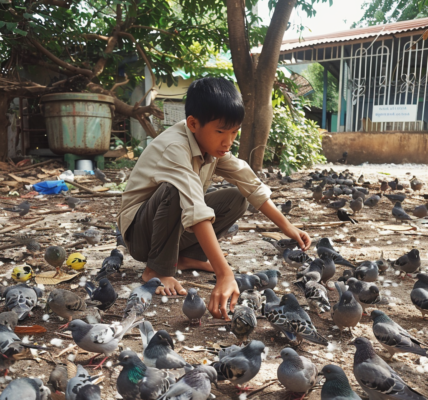As we find ourselves in yet another summer marked by the Covid-19 pandemic, many individuals are grappling with the complexities of social interactions and travel amidst rising case numbers. A common concern that arises is the duration of contagiousness following a positive Covid test. This question, while straightforward on the surface, is layered with nuances that vary from person to person.
Dr. Dan Barouch, the director of the Center for Virology and Vaccine Research at Beth Israel Deaconess Medical Center, emphasizes the difficulty in pinpointing an exact timeframe for contagiousness. “There isn’t any one time period where people are no longer infectious,” he states. The contagious period can range significantly; some individuals may only be infectious for a few days, while others could remain contagious for several weeks.
Factors such as immunity play a critical role in determining how long a person remains contagious. According to Dr. Stuart Ray, a professor in the division of infectious diseases at Johns Hopkins Medicine, those who have developed immunity—either through recent vaccinations or previous infections—tend to recover more quickly and are less likely to spread the virus. Conversely, individuals who are immunocompromised due to underlying health conditions or medications may struggle to clear the virus from their system, potentially extending their contagious period.
The Centers for Disease Control and Prevention (CDC) previously recommended a specific isolation period following a positive Covid test: five days of isolation, followed by an additional five days of wearing a mask in public. Dr. Barouch notes that this guideline remains a reasonable approach, suggesting that after about five days, the likelihood of being contagious significantly decreases. However, he cautions that this does not guarantee that everyone will no longer be contagious by day six.
In March, the CDC modified its guidance, moving away from rigid timelines. The current recommendation allows individuals to return to their regular activities 24 hours after their fever has resolved and their symptoms have begun to improve. Despite this shift, the CDC continues to advocate for preventive measures, including mask-wearing, maintaining good hygiene, and practicing physical distancing.
As summer progresses and the pandemic continues to evolve, it is crucial for individuals to stay informed about their health and the health of those around them. Understanding the dynamics of Covid-19 contagiousness can help mitigate the spread of the virus and protect vulnerable populations.
In light of the ongoing challenges presented by Covid-19, individuals are encouraged to remain vigilant and proactive in their health practices. This includes staying updated on vaccination recommendations, recognizing symptoms early, and adhering to public health guidelines. By fostering a culture of awareness and responsibility, communities can work together to navigate these uncertain times more effectively.
Ultimately, as we navigate our fifth summer with Covid-19, the importance of adaptability and informed decision-making cannot be overstated. With the right precautions in place, individuals can continue to engage in social and travel activities while minimizing the risk of transmission.
As the landscape of the pandemic changes, continuous education and awareness will be key in managing our collective health and safety. By understanding the factors that influence contagiousness and following public health guidance, we can all contribute to a safer environment for ourselves and those around us.





